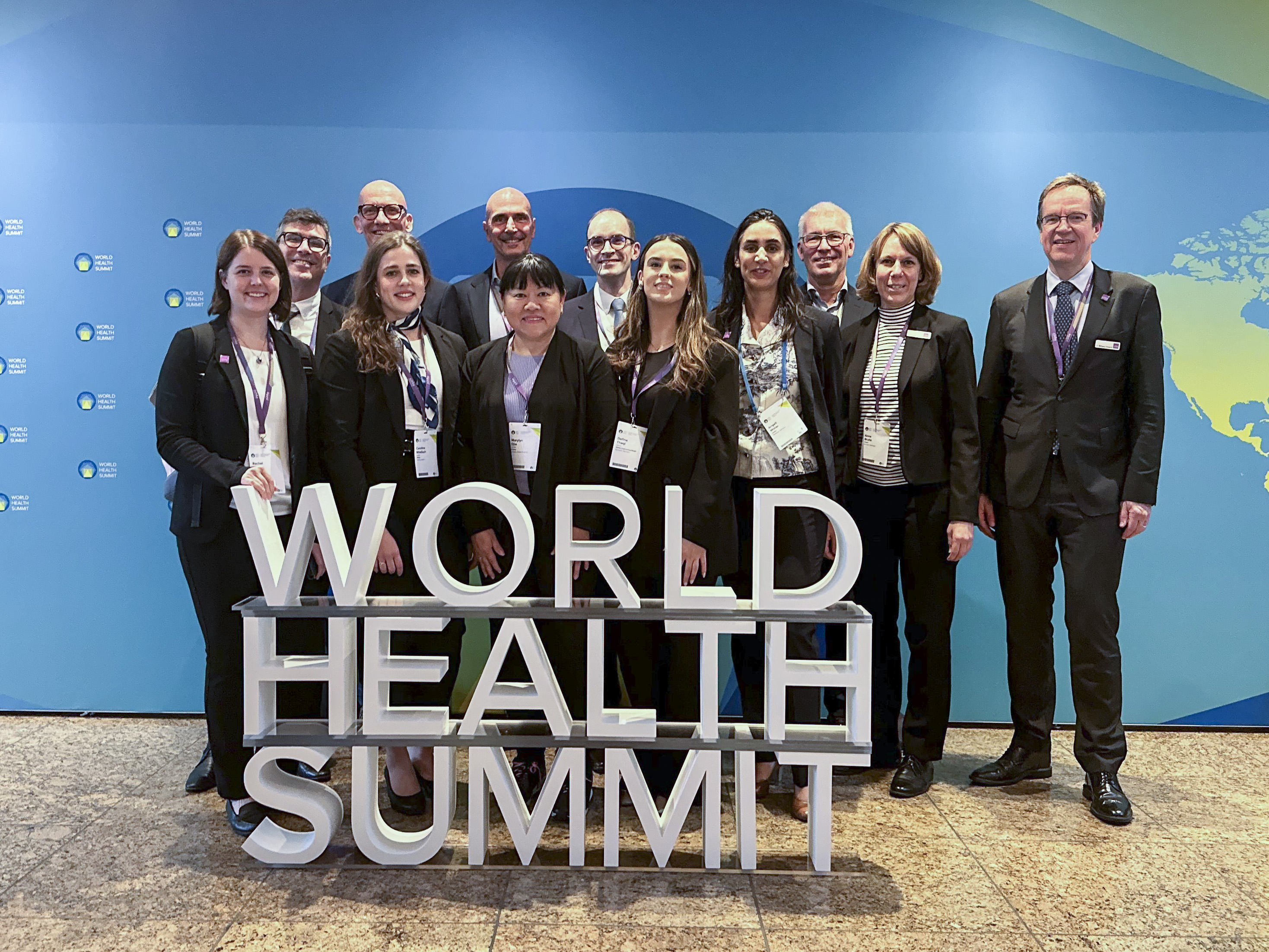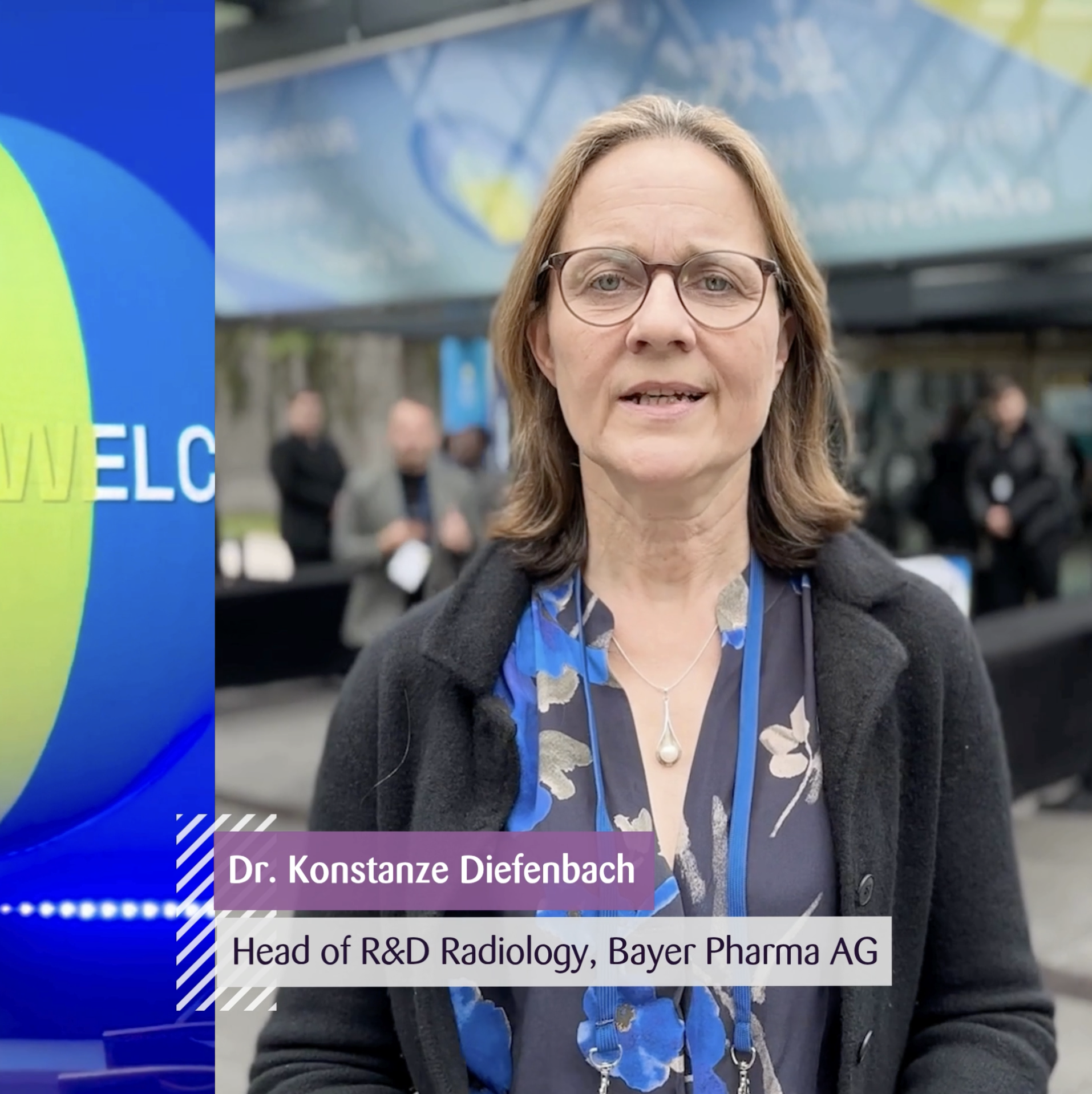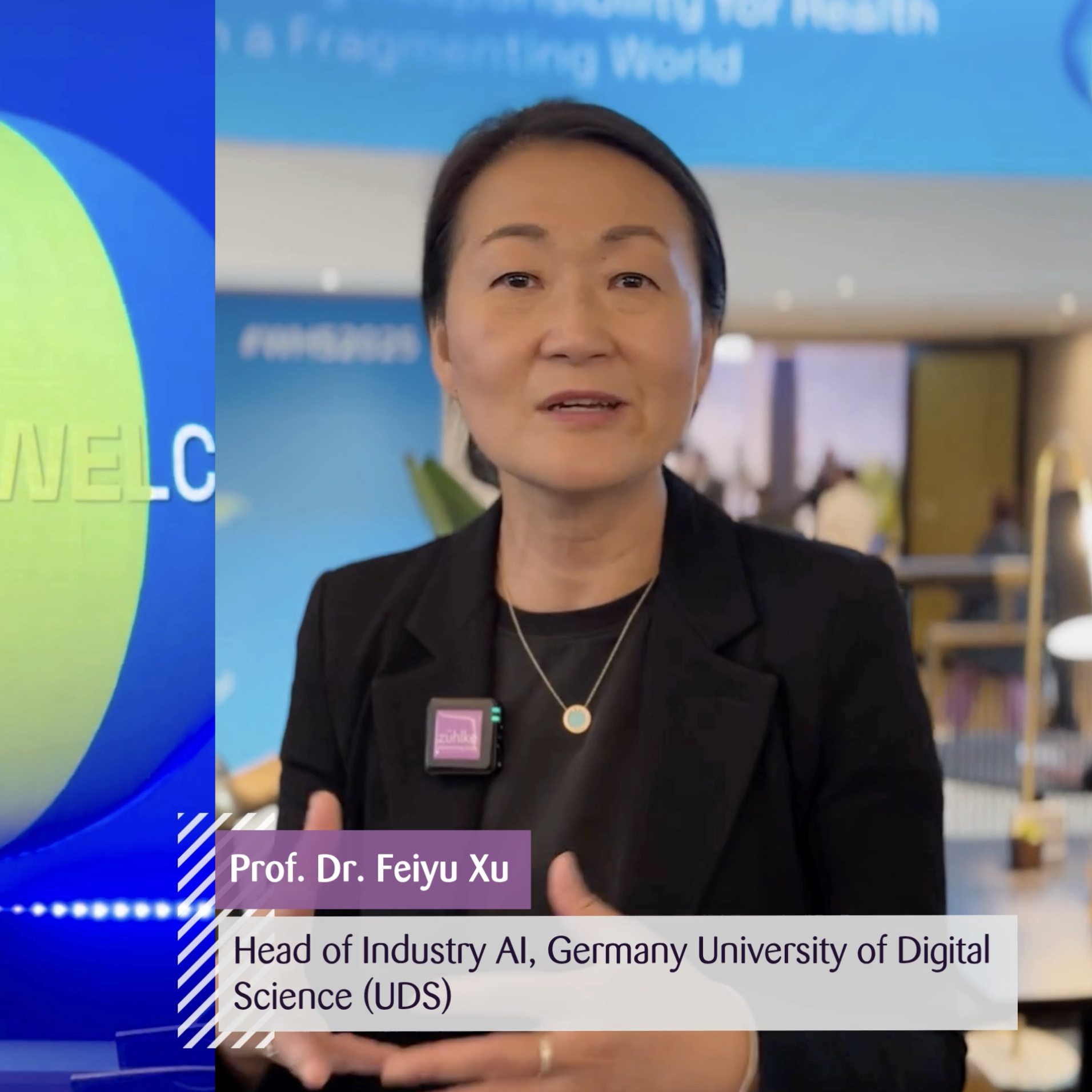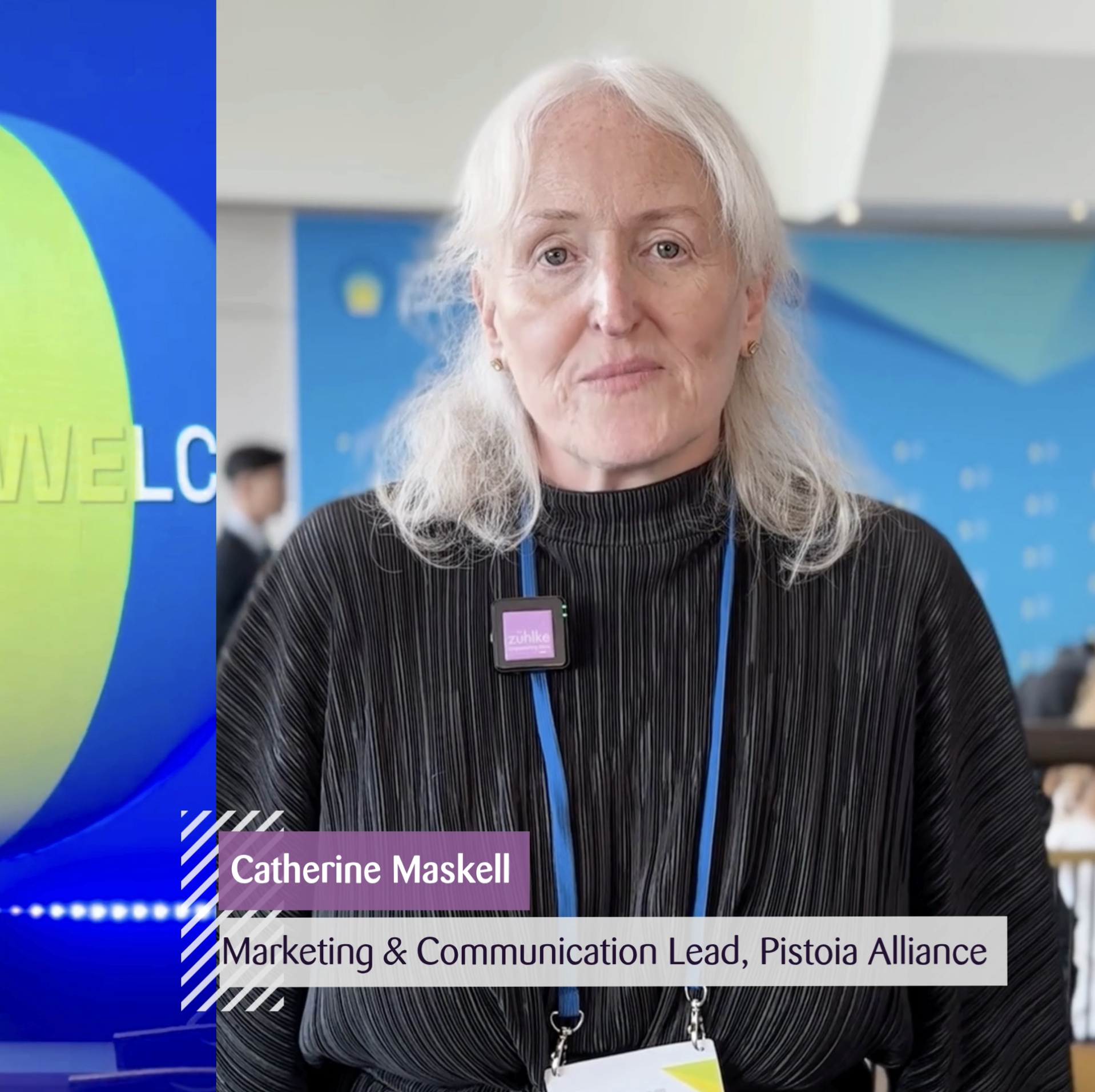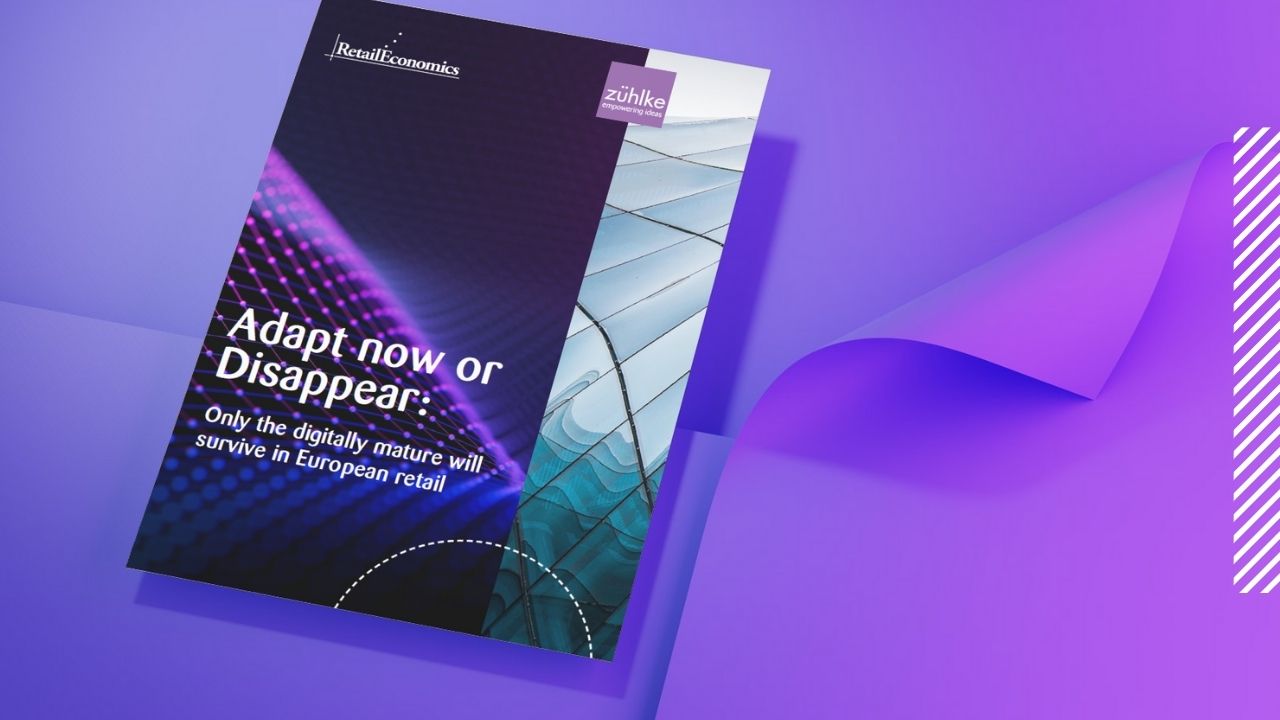Under the banner of “Taking Responsibility for Health in a Fragmenting World”, 2025’s World Health Summit (WHS) united 400 speakers across 70 sessions – with the aim of exploring how medical science, AI advancements and sustainability goals will coalesce to shape tomorrow’s healthcare landscape. And we at Zühlke were among that number.
Alongside hosting our own panel on AI’s link to supply chain resilience pharma manufacturing, members of the Zühlke team attended talks and engaged in discussions with industry experts to get a holistic view of where the healthcare industry is right now, where it wants to be, and how we’ll get there using technology, policy and collaboration.
If you couldn’t attend yourself, and don’t have time to peruse the dozens of hours of videos available on the WHS YouTube Channel, worry not: we’ve aggregated the key themes that emerged from the summit into a no-nonsense debrief.
The top line? While perennial topics – like ecosystems, AI transformation and patient centricity – remain at the forefront of the conversation, new facets of each main pillar suggest bold new thinking for the sector as a whole.
Here’s what’s currently occupying the brightest minds in healthcare…
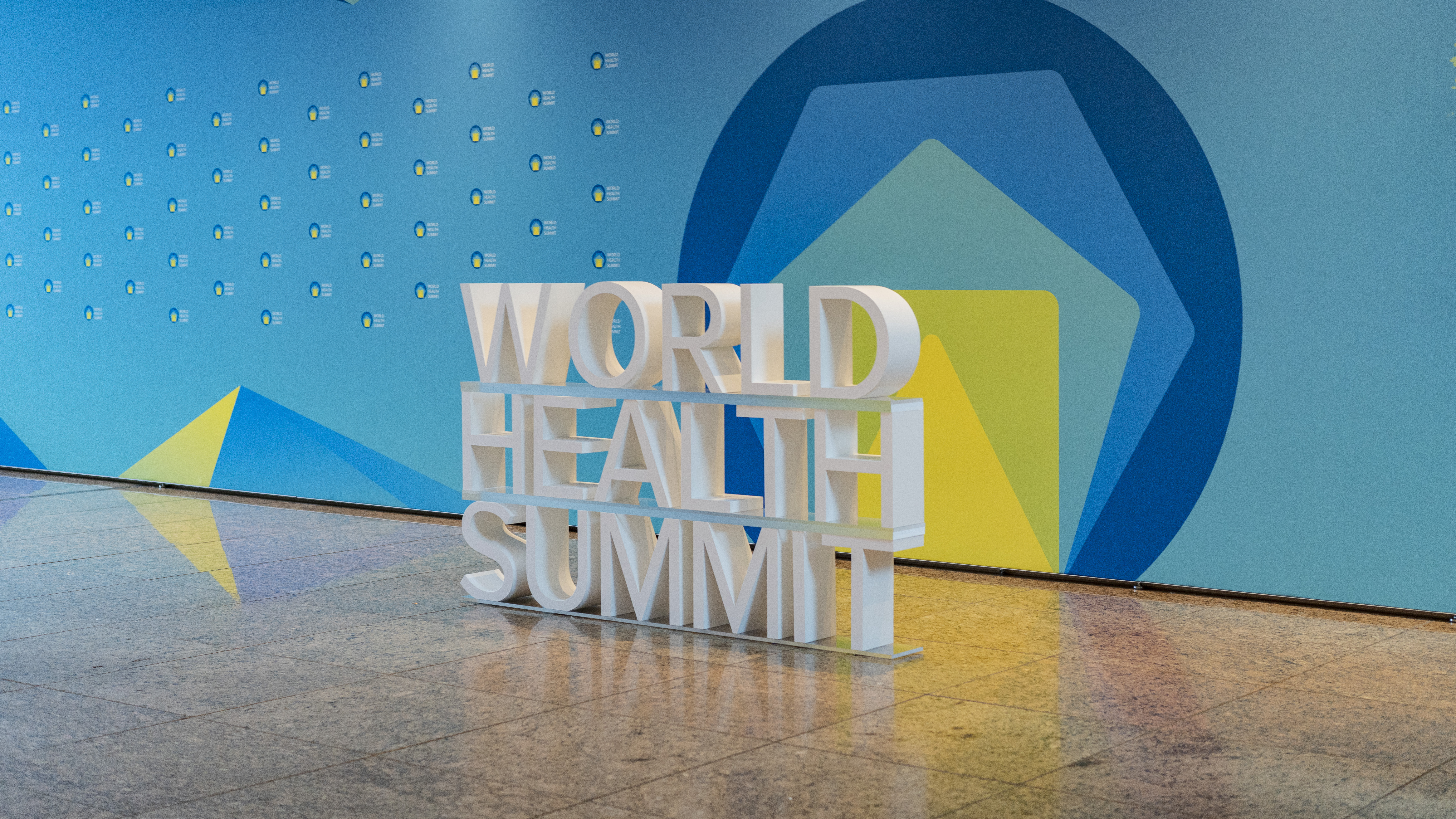
Trend 1. Ecosystem thinking evolves
The importance of data ecosystems has long been a topic of conversation in healthcare, but this year, that discussion is stepping into bold new territory. As we explored in our own panel discussion, there is a growing emphasis on putting aside traditional competitive thinking in favour of a more collaborative approach that spans academia, biotech, regulators, and tech providers.
It’s becoming clear across disciplines that successful innovation in healthcare is only going to continue as a result of deep collaboration that puts an end to traditional data silos. In our panel, for example, Fresenius Kabi President of Pharma, Nutrition, and Sustainability, Marc-Alexander Mahl, posited that this shift is analogous of what’s gone before in the aviation industry:
One idea is to building regional capacity for key medicines through an industry-led network, with coordinated investment in essential API starting materials across Europe or the US. This collaboration among pharmaceutical manufacturers would strengthen local supply, increase resilience and cut dependency, similar to Airbus's successful cooperative approach.
The idea? To pool knowledge, fast track approvals, and create more effective production cycles that lean on shared best practices. And to do so against the grain of competition.
This renewed emphasis on partnership is especially important in today’s socio-political environment, where climate change, international conflict, and the threat of another global pandemic featured as the backdrop to several key WHS discussions.
The ways in which collaboration across the ecosystem enables faster innovation – alongside efficiencies that free up funds for investment in new technologies – will be the focus of the second Zühlke Health Ecosystem Day in November in Singapore.
Essential World Health Summit viewing:
- Global Health Matters Podcast LIVE: Bridging the Knowledge Divide | GHL 02b
- The World Together: Driving Collective Responsibility and Action for Health Emergencies | PD 04
- Transforming the Global Health Architecture | KEY 01-
- From Fragmentation to Coherence: Partnering for Pandemic Resilience | PD 14
- Navigating Disruption: Pharma Manufacturing Amid AI, Geopolitics, & Supply Risk | PD 11
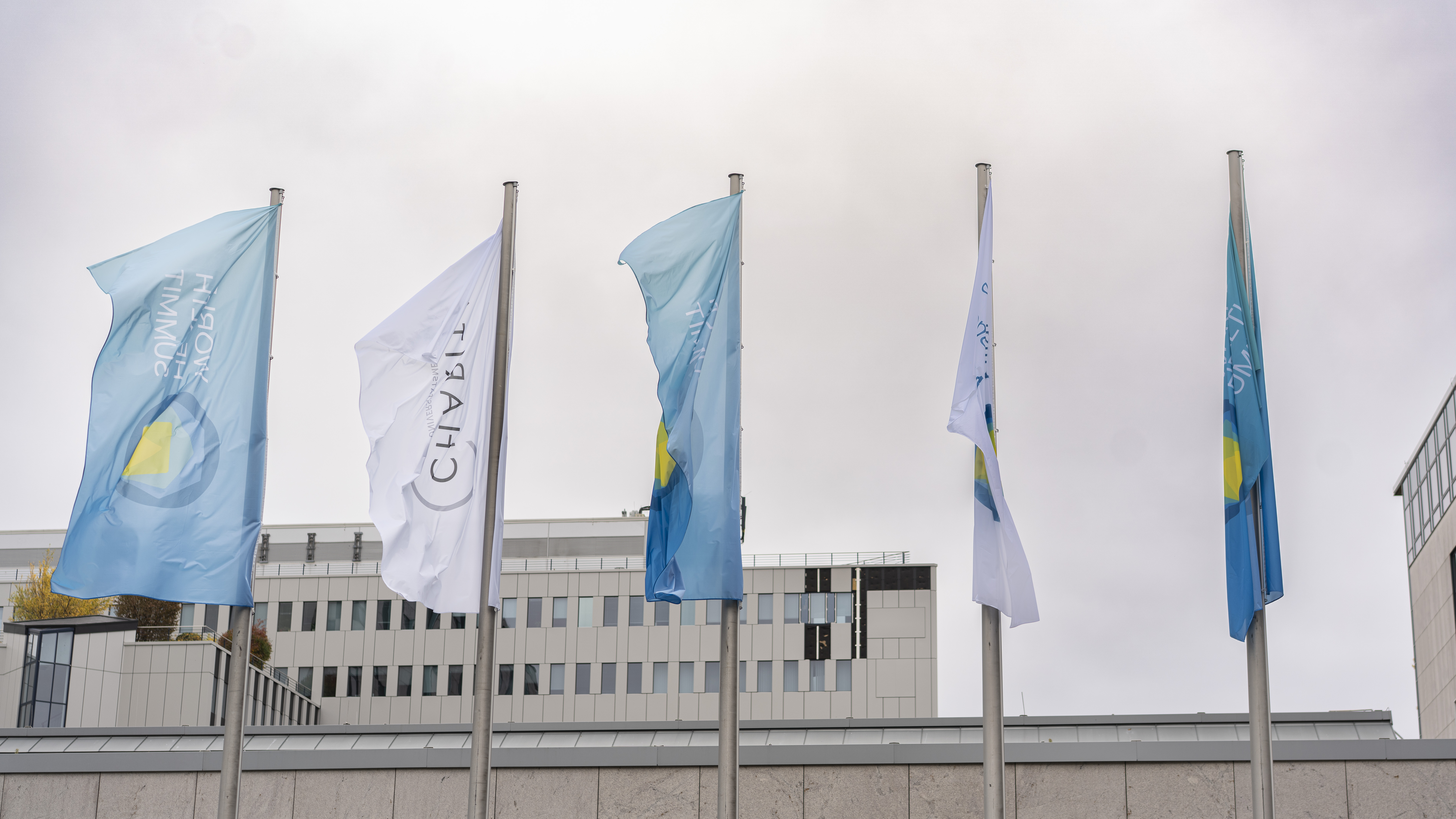
Trend 2. Enabling AI trust
Healthcare, MedTech and Pharma are all undergoing rapid technological transformation thanks to the proliferation of artificial intelligence.
Adopting AI safely – and in a way that earns regulatory approval – remains a huge talking point, but an aspect of growing importance at this year’s WHS was the need to build a stronger sense of trust and empowerment among those using it and those benefitting from it. There’s a sense that this notion is becoming much more urgent, reflecting the increased presence AI now has across the length and breadth of health and medicine value chain.
AI is starting to impact and shape everything from R&D and manufacturing to prevention and diagnosis. So, the key question becomes: Is the way we’re onboarding this technology sufficient – at every level – to quell growing trust and literacy disparities?
Common concerns here centre on our ability to dispel ideas around AI taking jobs away from practitioners, while also building tools intuitive enough to allow busy professionals to adopt them into their workflows and processes without friction or error. But the summit also put a focus on the effect these tools can have at the patient level, and the need to foster trust here too.
Building more equitable, user-friendly and trusted digital health solutions is key to scaling the global impact of AI and similar technologies – so it’s vital that the industry focuses on designing for accessibility and real-world use.
Essential World Health Summit viewing:
- Innovating for Health Equity: How AI Can Strengthen Frontline Systems | WS 19
- AI in Healthcare: From Implementation to Impact at Scale | PD 19
- AI-Driven Solutions for Women’s and Children’s Health | PD 12
- AI - From Promise to Practice: The Healthcare of Tomorrow | WS 08
- Responsible AI in Health for Sustainable Development | PD 03
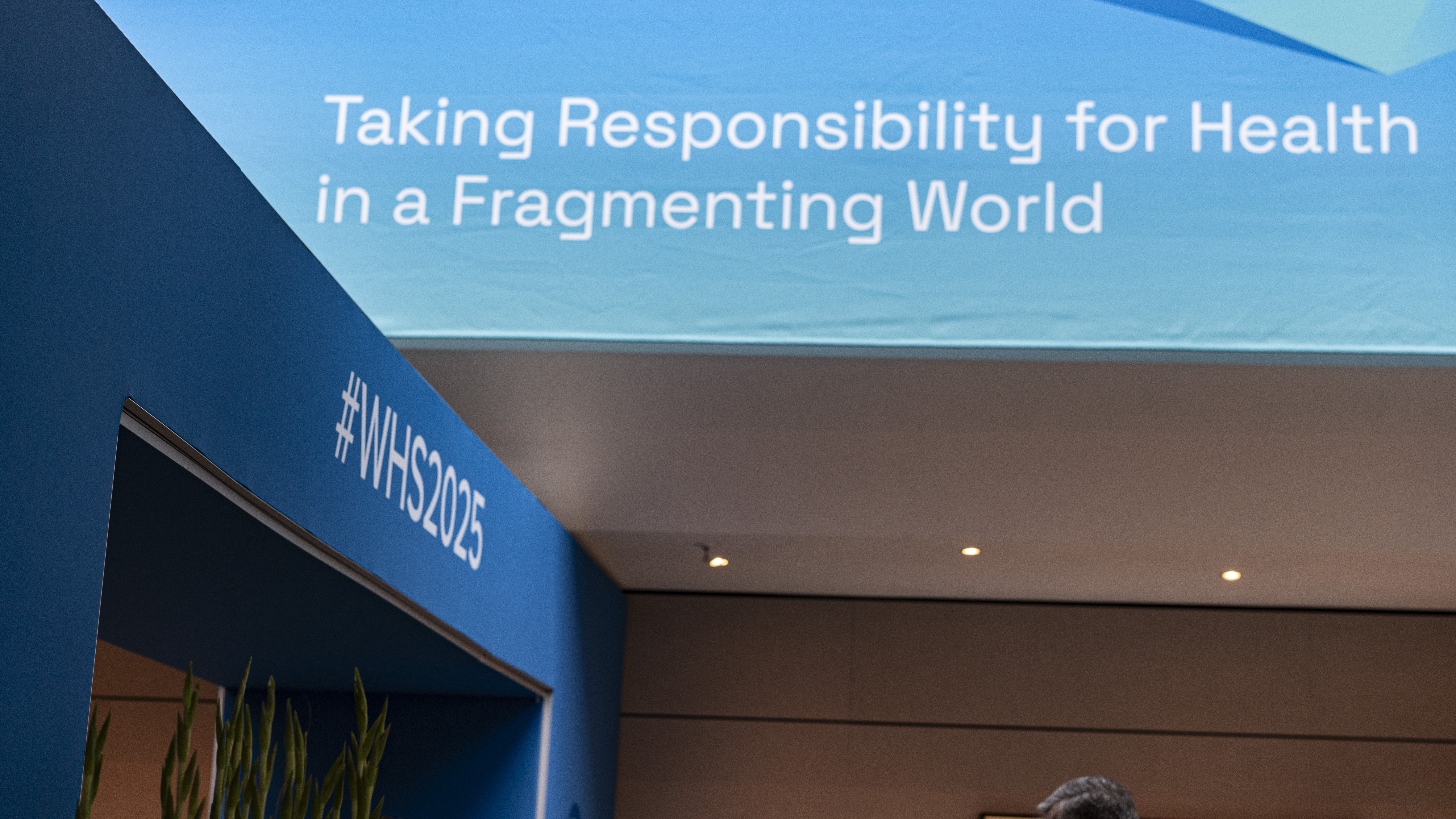
Trend 3. Balancing business goals with personalisation and equity
Innovating for the sake of business competitiveness is all well and good, but a tangible theme underpinning this year’s World Health Summit was a focus on innovation’s true purpose: improving patient outcomes and boosting people’s access to life-saving treatment.
A big part of that is making sure that technological innovation results in more equitable healthcare – and ensuring that people everywhere, especially in underserved or rural areas, benefit from improvements in care and accessibility.
In a climate where political unrest is rife and many groups urgently need care, this is clearly an incredibly pressing topic. But this extends beyond warzones to any marginalised group that has traditionally been at a disadvantage when it comes to access.
Without proper guardrails and policy, technology can take just as much as it gives. If we’re deploying AI-enabled healthcare processes, for example, then there needs to be a focus on model transparency and equity to ensure that all demographics are represented in any input data.
This, alongside increased opportunities to tailor treatments on a more individual level, presents businesses with an interesting challenge: How can we balance accessibility, patient-centricity and equity with operational requirements around cost and profitability?
WHS attendees suggested that these might not be mutually exclusive goals, in that making medicine more personal can actually help secure operational efficiencies. Personal technology devices like smartwatches, for example, are shown to support people in taking up healthier lifestyles and promote more control of their everyday care – and this way of thinking can ladder up to the wider industry. Using technology to transform age-old ideas of ‘patient-centricity’ into a genuinely two-way street, could, for example, help inform demand for therapeutics, act as more representative input data for AI models, or directly influence preventative practices.
In other words? The impetus here is on keeping patients front and centre as we implement new technology. More personalised and preventive care, enabled by patient participation, could go a long way towards shoring up new process efficiencies.
Essential World Health Summit viewing:
Evergreen topics under a new lens
All told, the 2025 World Health Summit showed us an evolution of core concepts that have been occupying discussions for years now. The need for cross-functional ecosystems, the march of AI, and the need to think patient-first all remain vital conversations – but they’re conversations that continue to take on new forms in step with an ever-changing healthcare landscape.
